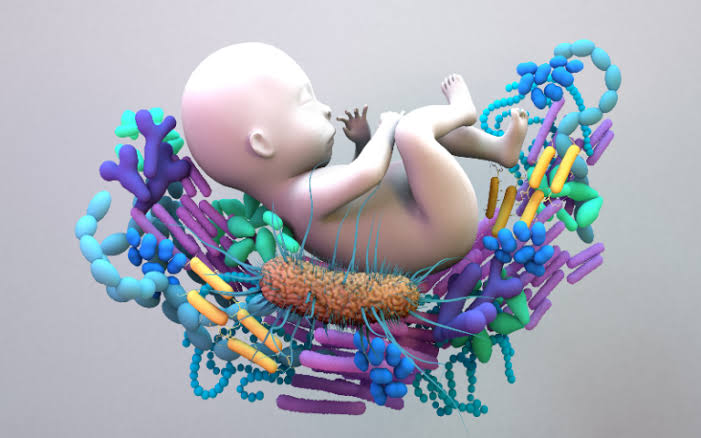
Wondering what causes an itchy scalp and how to get rid of it? Discover the main reasons behind scalp irritation and the most effective treatments.
🤔 What Causes an Itchy Scalp?
An itchy scalp is a common issue and can have multiple triggers. Here are the most frequent causes:
Dandruff (Seborrheic Dermatitis)
Caused by an overgrowth of yeast (Malassezia) and excess oil production.
Leads to flaking, redness, and itching.
Dry Scalp
Lack of natural oils makes the scalp tight, flaky, and itchy.
Often worse in winter or with over-washing.
Allergic Reactions (Contact Dermatitis)
Ingredients in shampoos, conditioners, hair dye, or styling products can irritate the skin.
Psoriasis or Eczema
Chronic skin conditions that cause thick, scaly patches and persistent itchiness
Fungal Infections (Ringworm of the scalp)
More common in children, leading to itchy, scaly patches and sometimes hair loss.
Head Lice
Small parasites that cause intense itching, especially behind the ears and at the nape of the neck.
Stress and Hormonal Changes
Stress can worsen scalp sensitivity and itching.
How to Get Rid of an Itchy Scalp
The right solution depends on the cause:
✅ 1. For Dandruff
Use an anti-dandruff shampoo with zinc pyrithione, ketoconazole, or selenium sulfide.
Wash hair regularly to reduce oil buildup.
✅ 2. For Dry Scalp
Switch to a gentle, hydrating shampoo (sulfate-free).
Massage natural oils (coconut oil, argan oil, jojoba oil) into the scalp.
3. For Allergic Reactions
Stop using the product causing irritation.
Choose hypoallergenic, fragrance-free hair care.
✅ 4. For Psoriasis or Eczema
Medicated shampoos with coal tar or salicylic acid may help.
A dermatologist can prescribe topical corticosteroids if needed.
For Fungal Infections
Use antifungal treatments (available by prescription).
Keep scalp clean and avoid sharing combs or hats.
✅ 6. For Head Lice
Apply an anti-lice lotion or shampoo.
Wash bedding and personal items in hot water.
. Lifestyle Tips
Avoid scratching, as it can cause infection.
Manage stress through relaxation, yoga, or meditation.
Keep scalp hydrated and protected from harsh weather.
🚨 When to See a Doctor
Consult a dermatologist if:
Itching is severe or persistent.
You notice open sores, swelling, or pus.
Hair loss occurs along with itching.
Key Takeaway
An itchy scalp can result from dandruff, dryness, allergies, skin conditions, or infections. Treatment varies from medicated shampoos to natural oils, depending on the cause. If the itch persists, professional help is the safest option.







